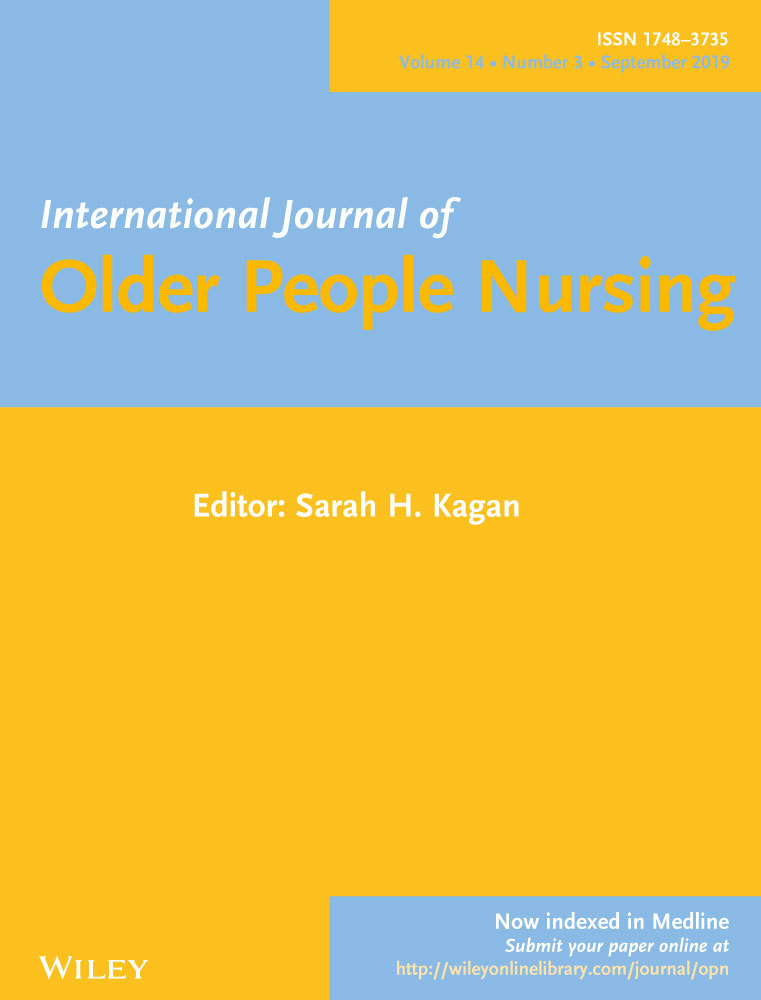The context of care matters: Older people's existential loneliness from the perspective of healthcare professionals—A multiple case study
Abstract
Aim
To explore existential loneliness among older people in different healthcare contexts from the perspective of healthcare professionals.
Background
Professionals meet and care for older people in most care contexts and need to be prepared to address physical, psychological, social and existential needs. Addressing existential loneliness can be both challenging and meaningful for professionals and is often not prioritised in times of austerity.
Design
A multiple case study design was used.
Methods
Focus group interviews were conducted with healthcare professionals (n = 52) in home, residential, hospital and palliative care settings. The analysis was performed in two steps: firstly, a within-case analysis of each context was conducted, followed by a cross-case analysis.
Findings
Differences and similarities were observed among the care contexts, including for the origin of existential loneliness. In home care and residential care, the focus was on life, the present and the past, compared to hospital and palliative care, in which existential loneliness mainly related to the forthcoming death. The older person's home, as the place where home care or palliative care was received, helped preserve the older person's identity. In hospital and palliative care, as in institutional care, the place offered security, while in residential care, the place could make older people feel like strangers. Creating relationships was considered an important part of the professionals’ role in all four care contexts, although this had different meanings, purposes and conditions.
Conclusions
The context of care matters and influences how professionals view existential loneliness among older people and the opportunities they have to address existential loneliness.
Implications for practice
Support for professionals must be tailored to their needs, their education levels and the context of care. Professionals need training and appropriate qualifications to address existential loneliness related to existential aspects of ageing and care.




